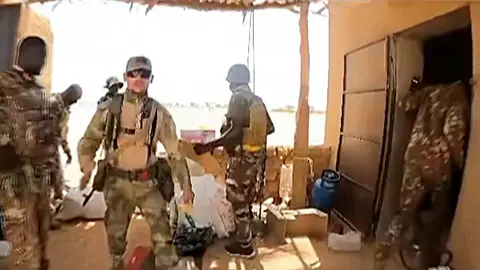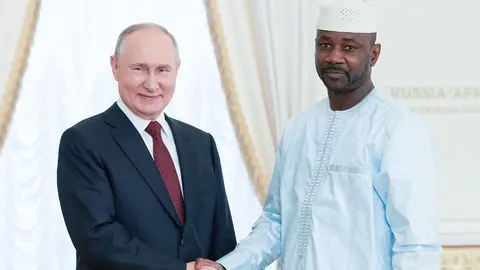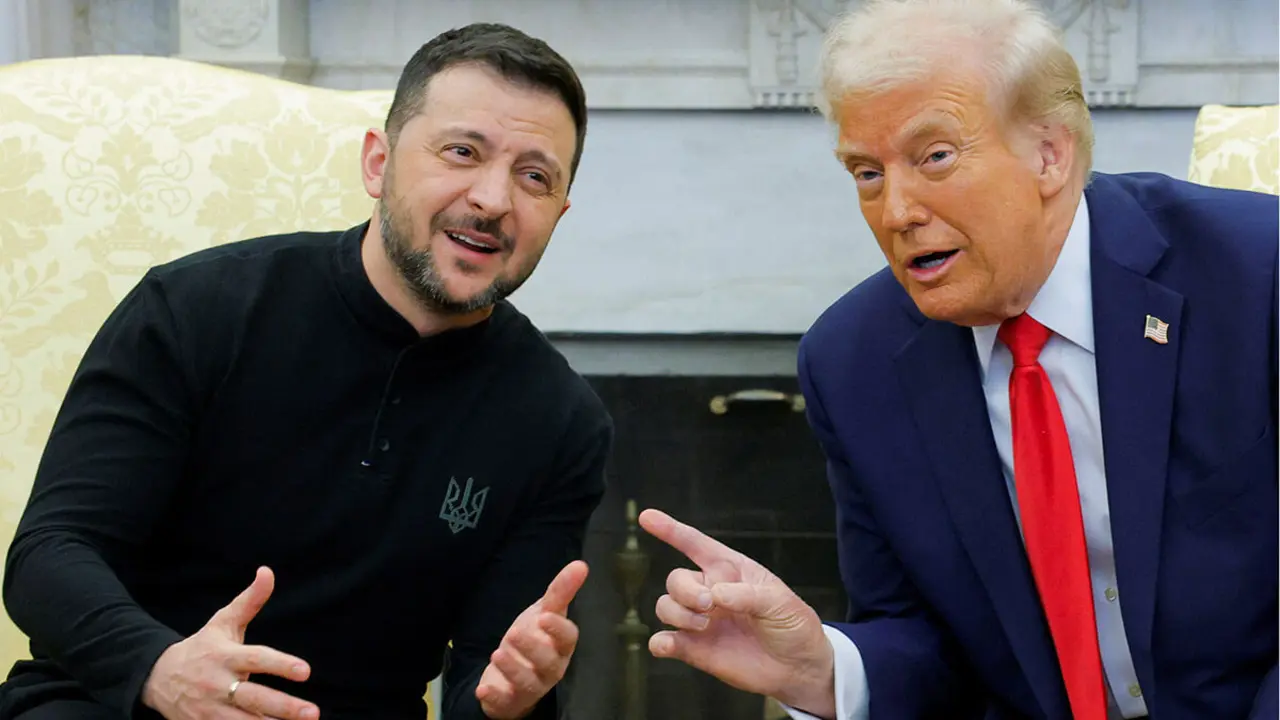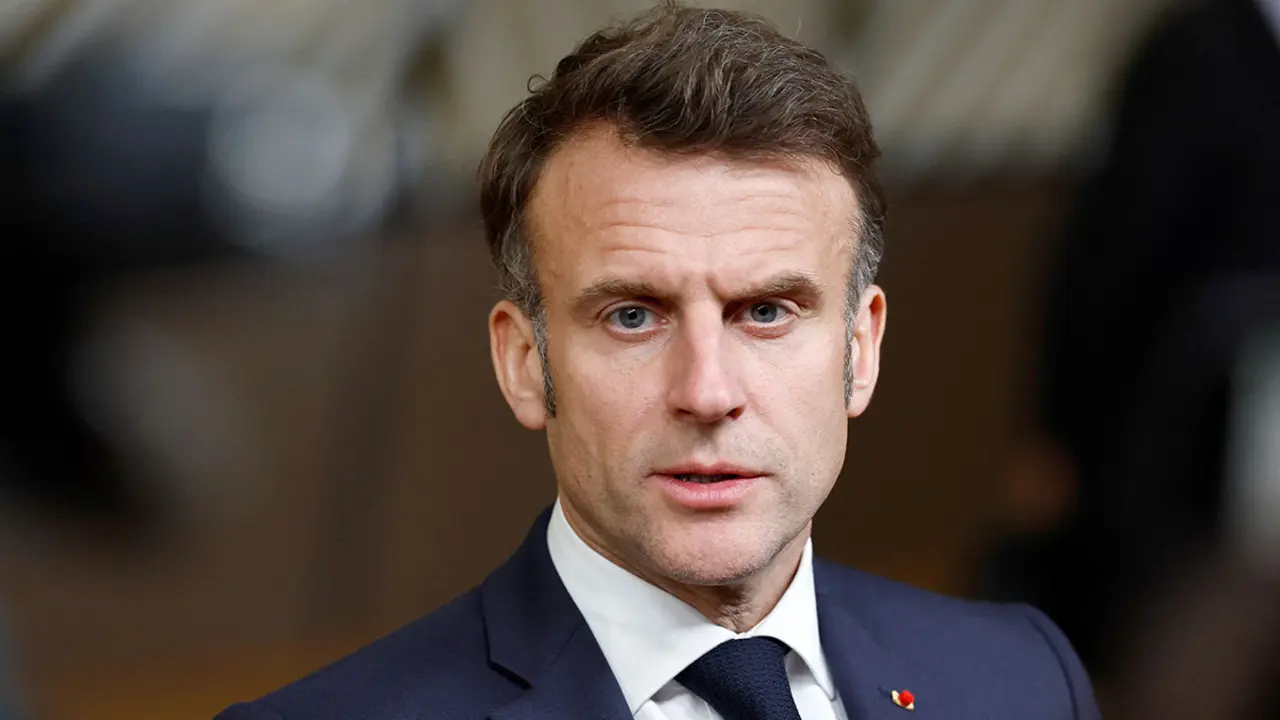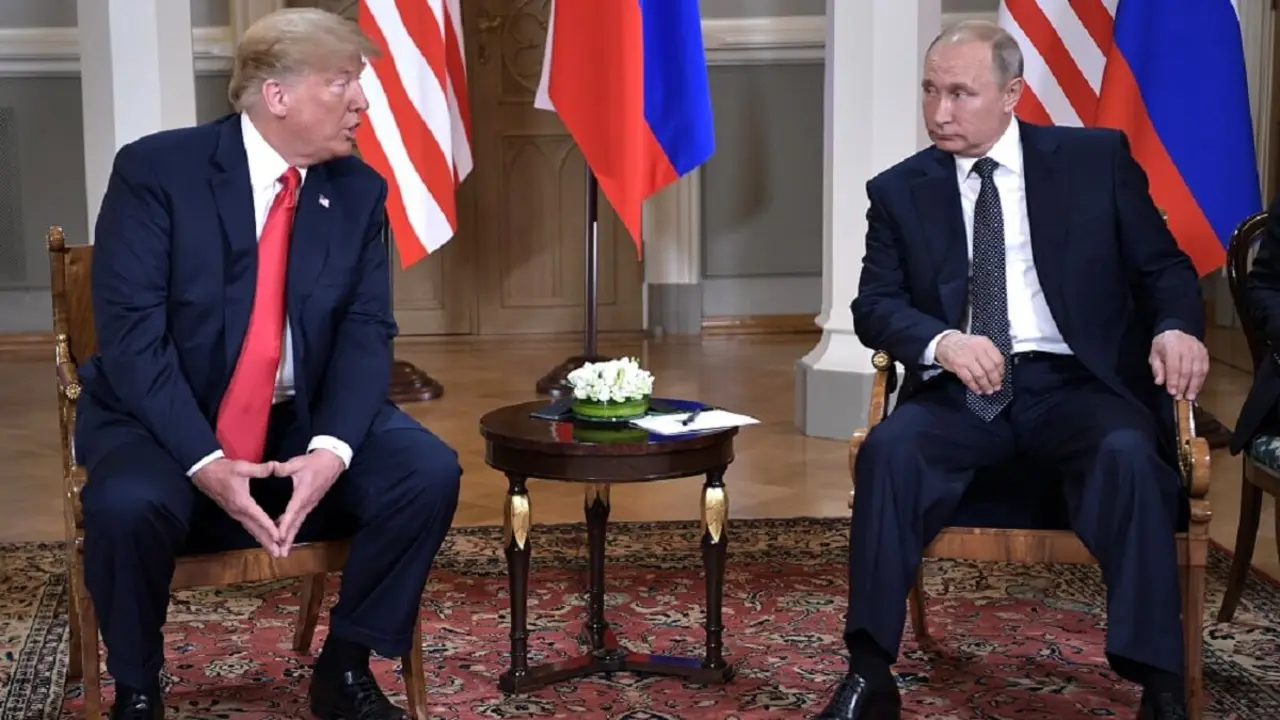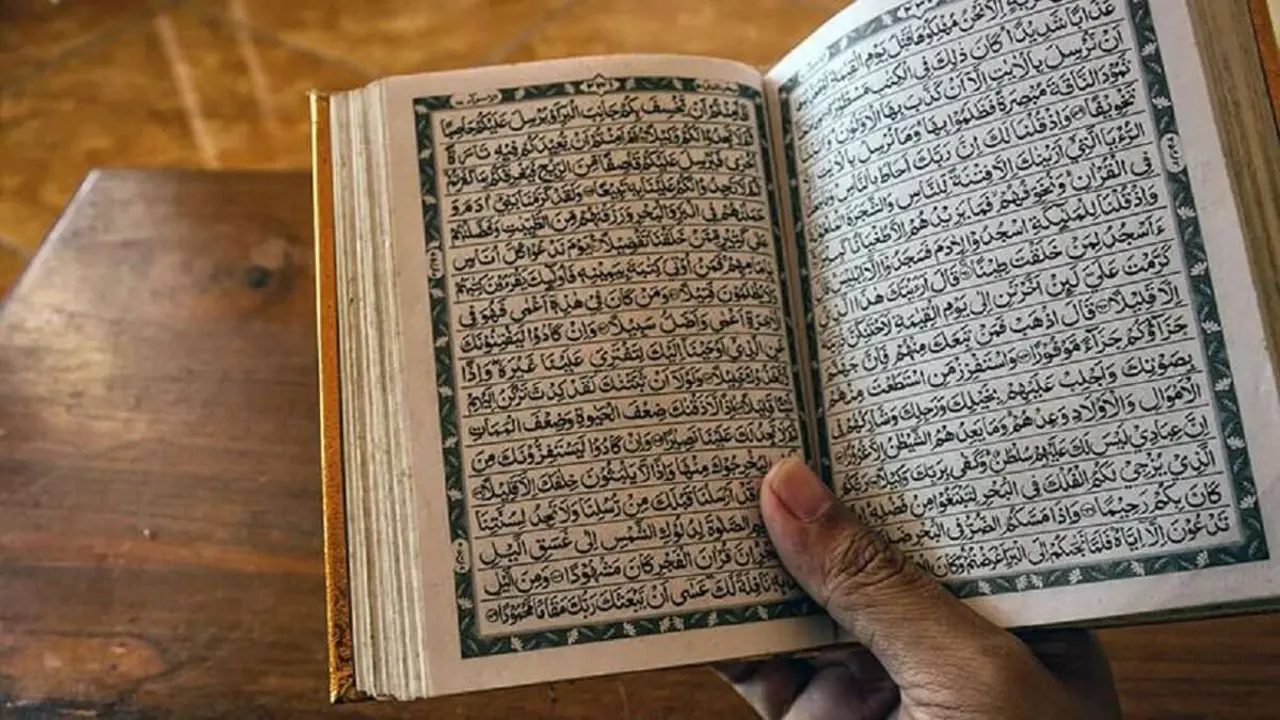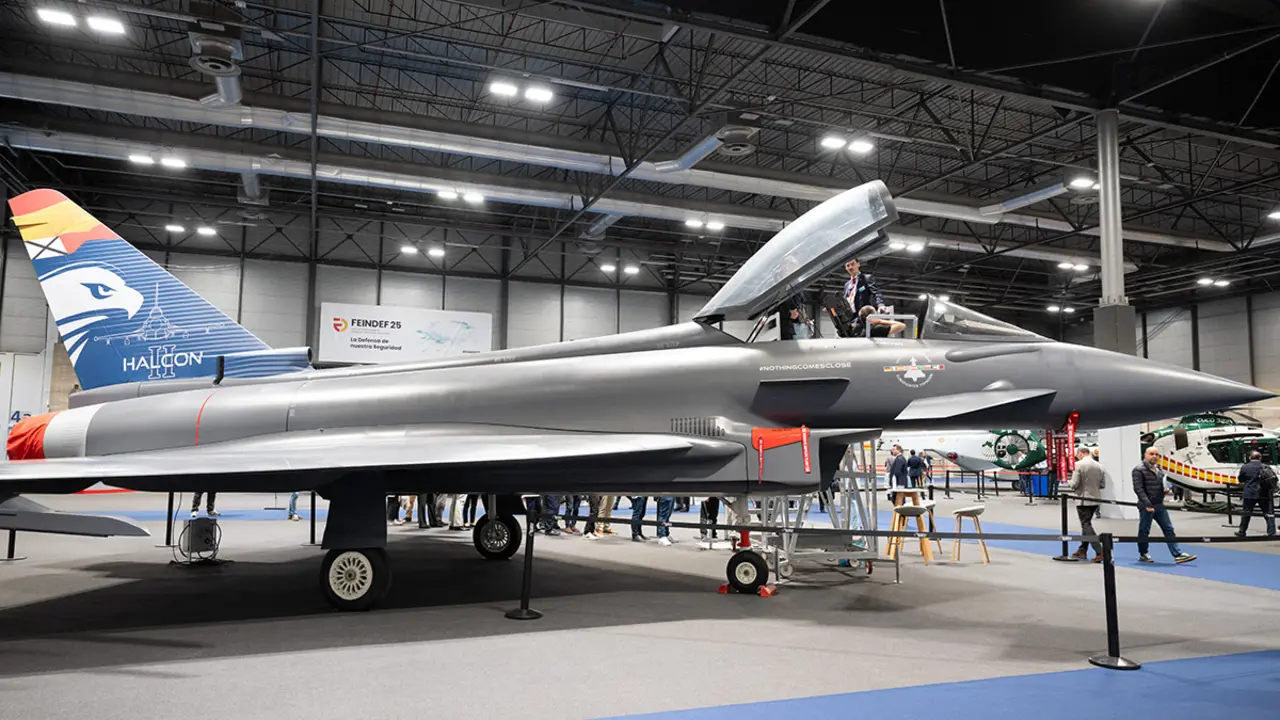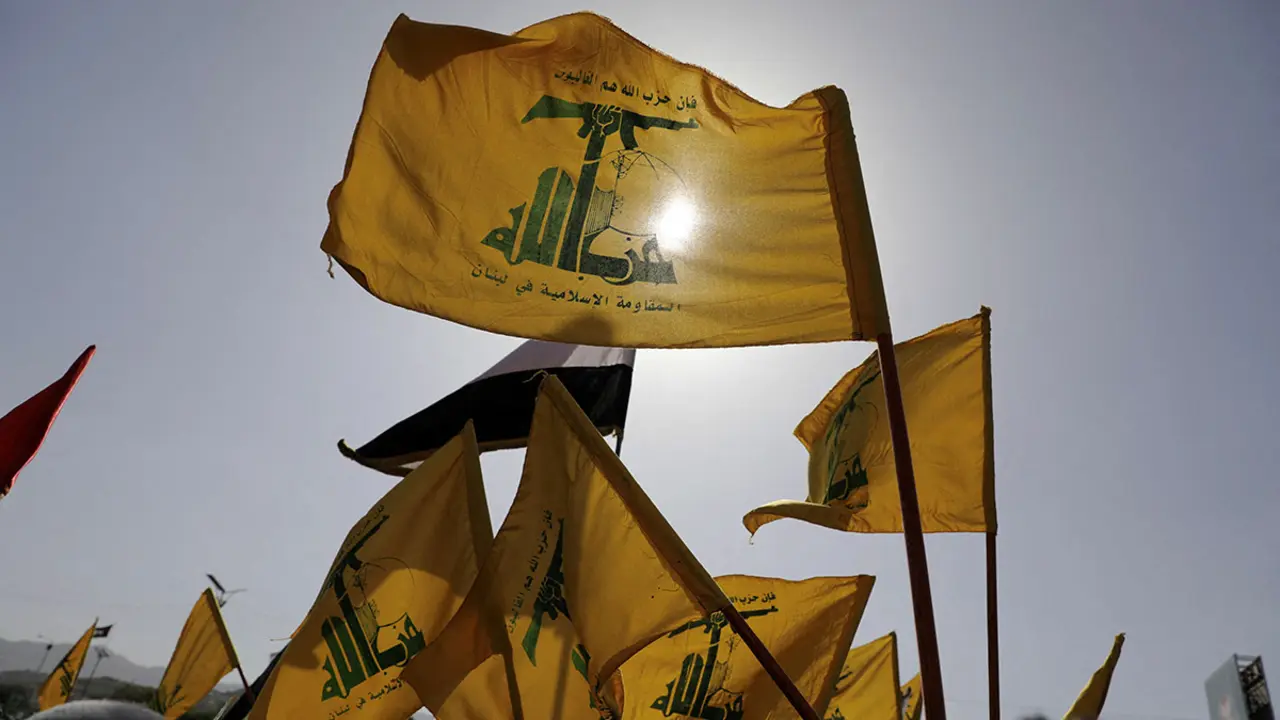Russia's growing influence in the Sahel is forcing Algeria to rethink its defence strategy
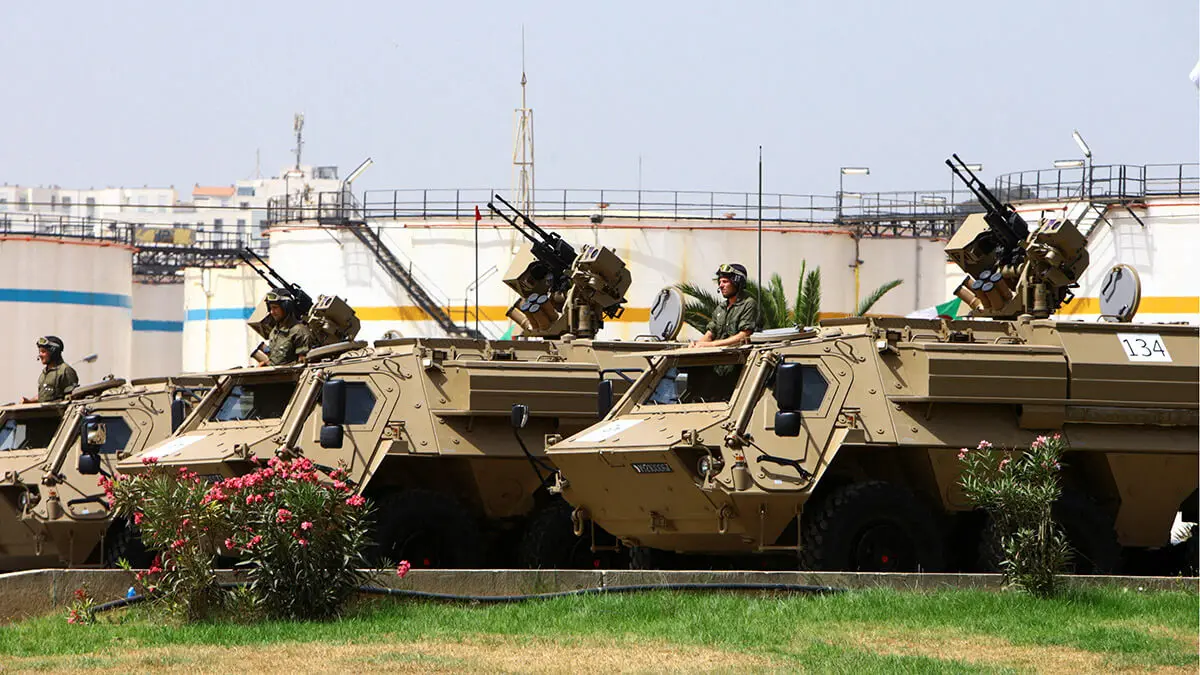
The relationship between Algeria and Russia, forged during the Cold War and consolidated through decades of military cooperation, is at a critical juncture. Russia's growing influence in the Sahel region has caused tensions with the Algerian military high command, forcing the North African country to rethink its defence strategy, its alliance policy and its dependence on Moscow as its almost exclusive arms supplier.
Despite traditional ties—Algeria has been Russia's second-largest arms buyer after India since 2010—disagreements have been growing. Russia has stepped up its military presence in the Sahel, using five bases on Algerian territory with operations focused mainly on Mali. Its support for Field Marshal Khalifa Haftar in Libya, close to Algeria's eastern border, has been another source of friction. In particular, the threat that Haftar would take control of the Ghadames oil basin prompted a direct warning from Algerian generals, leading to his withdrawal.
The geopolitical context in the region is delicate. France's withdrawal from the Sahel has left a vacuum that Moscow has filled through private security companies such as the now renamed ‘New Africa Corps’ (formerly the Wagner Group), adopting a role that many consider a more aggressive form of neocolonialism.
Regional tensions have already led to incidents, such as the withdrawal of Mali's ambassador from Algiers following the downing of a Malian drone, prompting Algeria to close its airspace to Malian aircraft and issue direct warnings to external actors operating near its borders.
In this context, President Abdelmadjid Tebboune stated in February that Algeria would be willing to recognise Israel if a viable Palestinian state is established, a statement laden with diplomatic intent. He also expressed interest in acquiring US radar defence systems, a clear sign of strategic change. Although the United States, under the Trump administration, supports arms sales to Algeria, such a significant decision could alter the geostrategic balance in the Maghreb and North Africa.
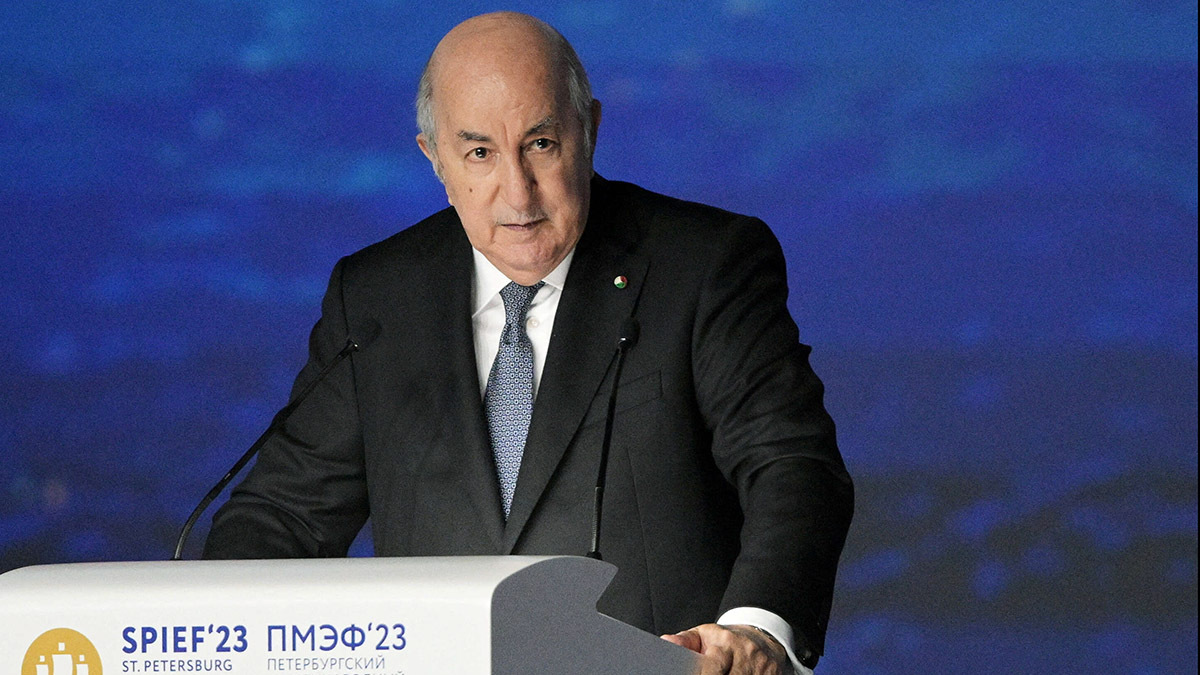
Moscow's perception as a reliable partner has also been eroded by the war in Ukraine. Initial tactical failures and the limitations of its arms industry have led countries such as India and now Algeria to diversify their sources. US technological prestige, especially in intelligent systems, space surveillance and drones, has become attractive to a new generation of Algerian officers trained in academies around the world, not only in Russia.
Despite its historical doctrine of non-alignment and non-intervention, Algeria has shown strategic flexibility when its security demands it. This was the case with its military support for Egypt in the 1967 and 1973 wars, and more recently with its counter-terrorism cooperation with Tunisia after 2011.
The transformation is not limited to the military sphere. Algeria has embarked on ambitious regional integration projects: it has laid more than 2,600 kilometres of fibre optic cable to Niger and Mauritania, is completing a 960 km railway line from Algiers to Tindouf to exploit the Ghar Djebilet iron mine, and is extending a gas pipeline from Niger. It is also building a new motorway between Tindouf and Zouerate (Mauritania), consolidating its economic role in the region.
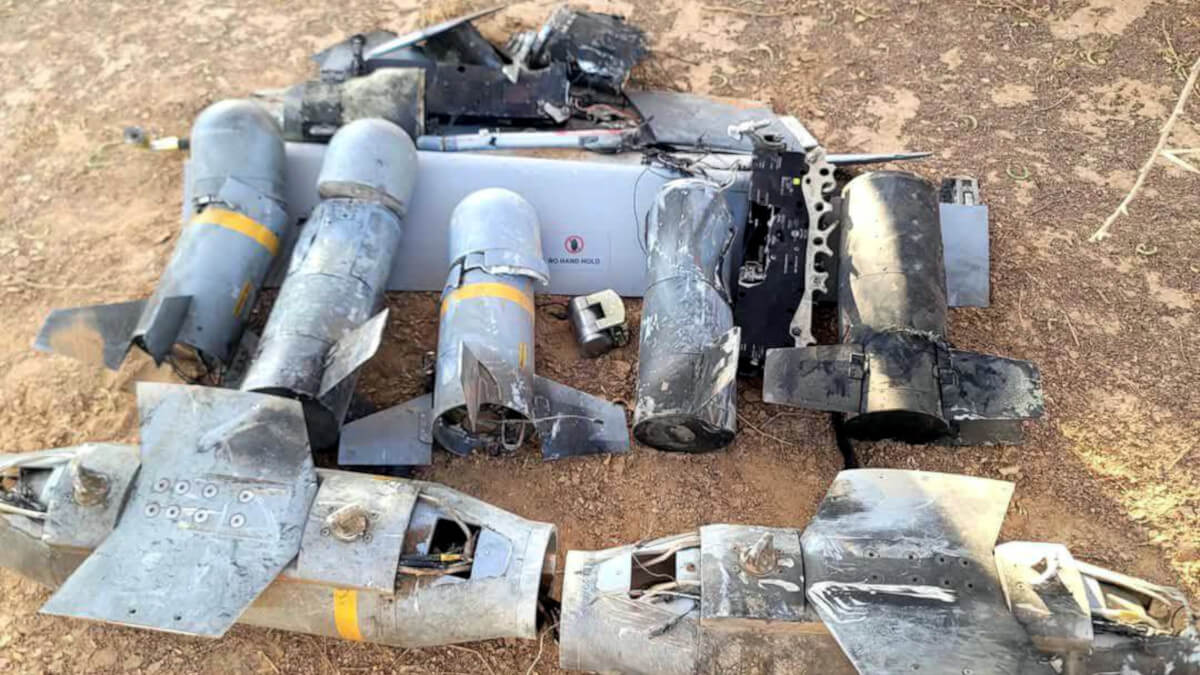
The background to this opening towards Washington also includes an interest in attracting foreign investment, especially in the mining sector, beyond traditional hydrocarbons.
In this regard, it should be remembered that during the civil war of the 1990s, Washington already collaborated with Algeria in satellite surveillance of its energy infrastructure, while Europe imposed an arms embargo. Now, Algiers is seeking to resume and expand these alliances.
On the other hand, the resurgence of Morocco as a regional power, with active diplomacy in the Sahel countries and close cooperation with Israel, has forced Algeria to compete more strongly in West Africa.

In a context of growing global competition for influence in Africa, where Washington, Moscow and Beijing are vying to position themselves as strategic partners, Algeria is being forced to adapt to a new geopolitical configuration that is transforming the centres of power on the continent.
Algeria's growing willingness to collaborate with the United States should not be seen solely as a security measure, but as part of a comprehensive strategy to reposition itself geopolitically in an increasingly unstable international environment.

